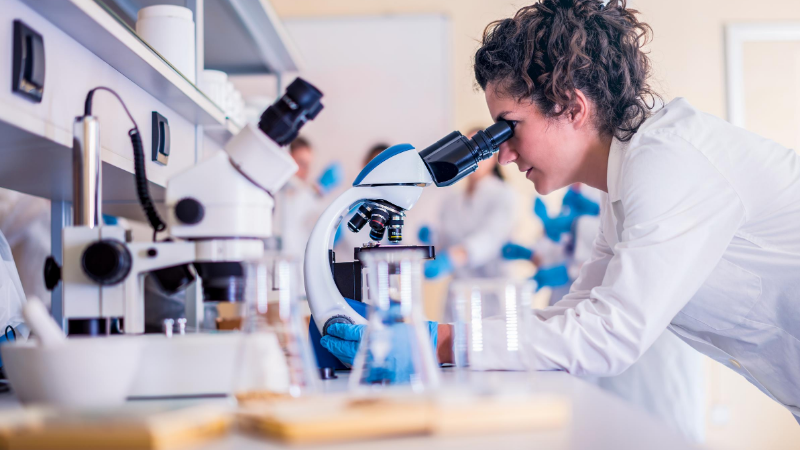The U.S. Department of Energy announced recently it has made available $2 million to create a "traineeship" program in isotope R&D, production and processing, to be led by Texas A&M University.
The effort will be a collaboration between Texas A&M as the Isotope Traineeship Coordination site and 17 other institutions, the DOE stated in the Dec. 6 announcement on its website. Fourteen institutions of higher education and three DOE national laboratories will participate in the program, according to the DOE.
"The workforce bolstered through this investment makes contributions daily to the prosperity and security of the Nation by supporting the activities of the DOE Isotope Program, a key federal program that produces critical isotopes in short supply," the DOE states in the announcement. "The isotopes produced have applications in medicine, national security, domestic and global industry, and discovery research."
The goal of the collaboration is to develop the future isotope-production workforce by increasing access for students to isotope science and speeding up the time it currently takes for a junior scientist to enter the workforce, according to Texas A&M's science department.
Sherry J. Yennello, Texas A&M Regents Professor of Chemistry and Cyclotron Institute Director, will serve as principal investigator and director for the collaboration, known as the Horizon-broadening Isotope Production Pipeline Opportunities (HIPPO) program, the university announced.
"The production of key radioisotopes is important to our nation’s medical, industrial and scientific infrastructure,” Yennello said about the importance of the program, according to the university. “Well-educated, experienced scientists are necessary to produce high-quality isotopes. Exceptional workforce development and excellent research are a natural pairing. It is imperative to recruit widely and educate effectively to ensure the continued availability of important isotopes.”
The HIPPO team will select approximately 20 undergraduate and 10 graduate students currently enrolled at the participating institutions to participate in the traineeship, the university stated in its announcement. Graduate and undergraduate students will visit and study at the national laboratories and universities taking part in the program.
“The DOE Isotope Program supports novel isotope production and processing activities at a suite of world-class facilities throughout the federal complex and at universities,” DOE Isotope Program Director Dr. Jehanne Gillo said in a statement. “To ensure a strong and innovative program in the future, it is critical to nurture a broad and diverse workforce.”









